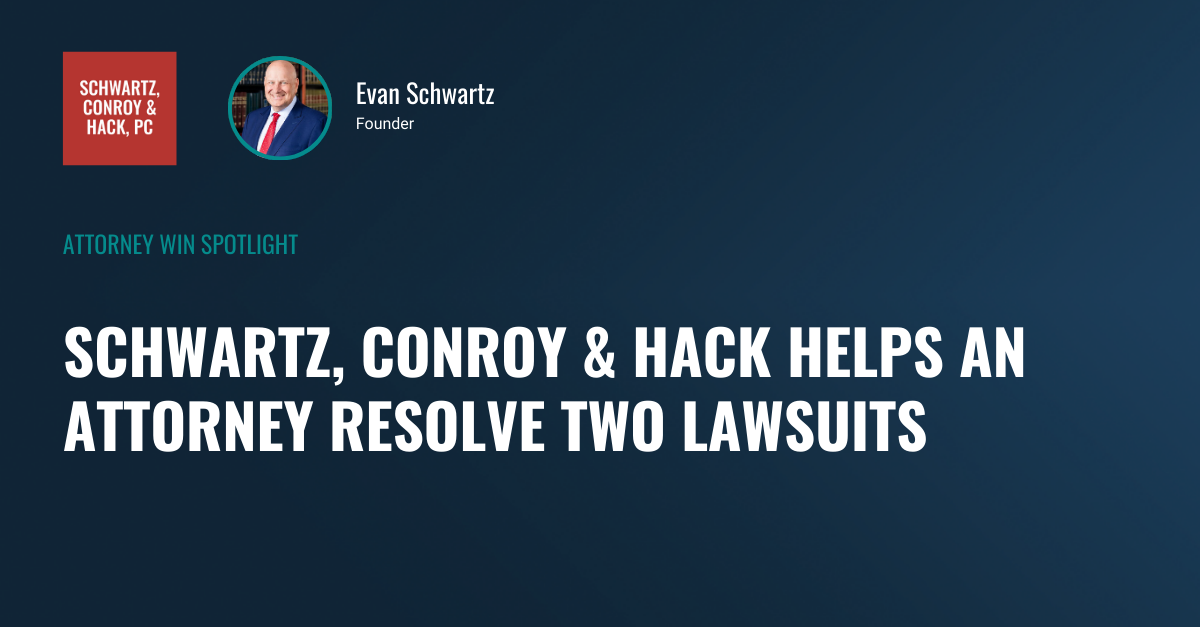A commercial general liability (CGL) policy typically covers all sums that the insured becomes legally obligated to pay due to bodily injury or property damage to a third party, which was caused by an occurrence. CGL policies generally provide coverage for both premises/operations hazards and products/completed operations hazards. There are some important differences between these two categories of coverage.
Premises/Operations Hazards
Premises/operations coverage applies to claims that arise while the claimant is on the policyholder’s premises or while the policyholder is performing services or conducting operations. This provision covers liability that the insured incurs while in the process of producing goods or providing services, prior to their completion. Depending on the policy, coverage may be restricted to certain locations or specific operations of the insured. Once a product or operation is completed, premises/operations coverage leaves off and products/completed operations coverage takes over.
Products Hazard
The products hazard in CGL policies typically refers to third-party bodily injury and property damage claims that arise out of the insured’s products or reliance upon a representation or warranty made with respect to those products, which occurs away from the insured’s premises after the insured has completed and relinquished possession of those products.
This category of coverage applies to a broad array of claims arising out of the use of the insured’s completed products, regardless of the theory of causation that is alleged in the lawsuit. For instance, the California Court of Appeals held that all asbestos-related claims brought against a manufacturer of asbestos products fell under products hazard coverage, no matter what theory of liability is put forth by the claimant. This included claims based on negligence, enterprise liability, failure to warn about risks, market share liability and others. The court pointed out that the phrase “arising out of the named insured’s products” in the policy language does not dictate a particular theory of liability or standard of causation. Rather, it “identifies a core factual nucleus, i.e., products manufactured, sold or distributed by the insured, and links that nucleus to the bodily injury or property damage covered under the policy.”1
Completed Operations Hazard
Similar to the products hazard, the completed operations hazard applies to bodily injury and property damage arising out of operations or reliance upon a representation or warranty made with respect to operations, but only if the injury or damage occurs after such operations have been completed or abandoned and occurs away from the insured’s premises. This provision typically states that operations are considered completed at the earliest of the following times:
-
- When all operations to be performed by or on behalf of the named insured under the contract have been completed;
- When all operations to be performed by or on behalf of the named insured at the site of the operations have been completed; or
- When the portion of the work out of which the injury or damage arises has been put to its intended use by any person or organization other than another contractor or subcontractor engaged in performing operations for a principal as a part of the same project.
Differences in Coverage
Premises/operations coverage in CGL policies usually contains “per occurrence” limits, which caps the dollar amount that the insurer will be responsible for paying for each occurrence. By contrast, coverage for products/completed operations hazards is typically subject to an aggregate cap in addition to any per-occurrence limits that may apply. This means that once the aggregate is reached over time, the insurer will no longer pay for claims arising out of products/completed operations hazards.
These differences have given rise to disputes over which hazard applies. Insureds who have used up their aggregate products/completed operations limits have attempted to obtain coverage under the premises/operations hazards. Such disputes have occurred particularly in the context of asbestos-related litigation. As asbestos-related injury can occur at any time following exposure, courts have weighed whether coverage was triggered before or after the completion of the applicable operations. In these cases, courts have largely held that in order for a claim to fall within operations coverage, the insured must be able to show that the injury that triggered coverage occurred before operations were completed, as well as during the policy period. When injuries occur subsequent to the claimant’s exposure to an operation, the claims are subject to the aggregate products/completed operations limit.
If you are involved in a dispute with your business insurance company, contact us. We have the expertise, experience and tenacity to make insurance companies keep their promises to you and your business.
1 Fibreboard, 16 Cal. App. 4th at 503-05, 20 Cal. Rptr. 2d at 382-83

